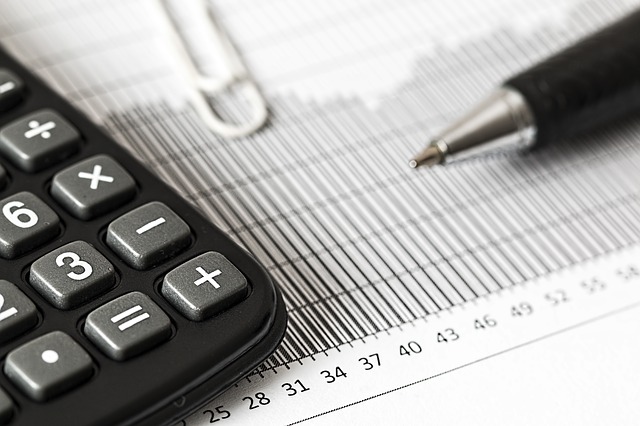Preparing for the following year’s taxes seems to come round ever-more quickly each year, and it’s something employees, the self employed and business owners alike have to pay strict attention to.
Advance planning helps considerably in avoiding a frenzied paper chase as the deadline looms.
Getting organized
A few ideas for keeping documentation to hand and preventing a panicky round up of paperwork:
Filing – if you haven’t already, set up a simple filing arrangement to keep documents and associated paperwork such as pay slips, investment summaries and tax forms provided by your employer in order and easy to find when the time comes.
You don’t have to over-complicate things; if you have a filing cabinet, one or two drop files or an accordion folder will suffice to store important paperwork.
Expenses receipts – keep your receipts that can be offset against income for tax purposes in a separate file if you’re self employed or running a business.
It’s even better to sub divide receipts by type (subsistence, repairs and renewals, stationery, business related travel costs and so on) to save you having to separate and categorize what could be a big mound of paper at the end of the year.
Separate envelopes labelled under each expense heading could be sufficient.
If you’re concerned you may lose some receipts – easy to do at times – then downloading a scanning app to your smartphone and scanning receipts ‘on the go’ will at least ensure you’ve got a record if one or two go astray.
Assessing and planning
Considering what taxes to withhold is important to get right, and completing your return in good time will help you plan for this rather than hurriedly pulling everything together a few days before the deadline.
Ideally, you’ll want to avoid penalties for having too little tax withheld, but you should also consider whether receiving a large refund for over paying tax is a good idea if this has happened to you previously. After all, this money could have been earning interest for you or being put to use in an investment of some kind.
The IRS (Internal Revenue Service) provide a useful withholding calculator on their website complete with instructions on what paperwork to have at hand before using it.
Consider changes now or in the future
If things have changed for you in the latest tax year or will do so next year, then take these into account when preparing taxes. Some typical examples:
Property – if you’re selling, buying or refinancing a property you may qualify for benefits such as homeowner’s tax credit. Ensure a HUD-1 form is included in your submissions.
Be fully aware of your possible tax liability if you have or plan to sell a property to avoid a nasty tax surprise.
Education – maybe you have children going into college or you or your partner are doing so. You may be able to claim benefits related to education so keep accurate records of relevant expenses such as tuition fees, books and supplies.
Check carefully how much money you withdraw from particular plans you already have or may set up to pay college fees and expenses. For example, with a 529 plan the money withdrawn has to be less or no more than equal to college or other education expenses for that tax year to qualify as tax free.
Marriage or having children – married couples qualify for a lower tax rate if filing jointly, so bear this in mind if this applies to you. Having a child means you can claim for a dependent so this would affect your tax withholding.
Check affairs regularly and use professional advisors
If you don’t already, set reminders to check affairs on a regular basis – perhaps once a quarter – as changes such as property sales and getting married make a difference to your ‘regular’ tax position.
Also, talk to your professional advisors more often if it’s only once a year at tax time. Even if you’re an employee, then having the services of an advisor to help make the most of investments is worthwhile.
Having an overall picture of your financial position and how it may vary will help you prepare taxes more efficiently – especially if you get organized and keep accurate and easy to access records.

